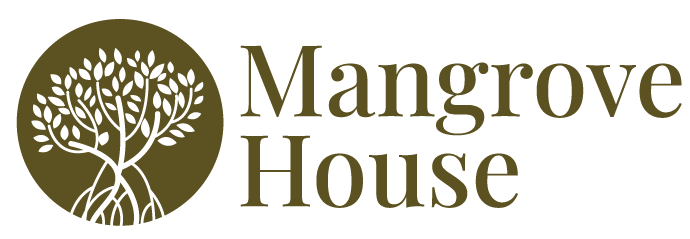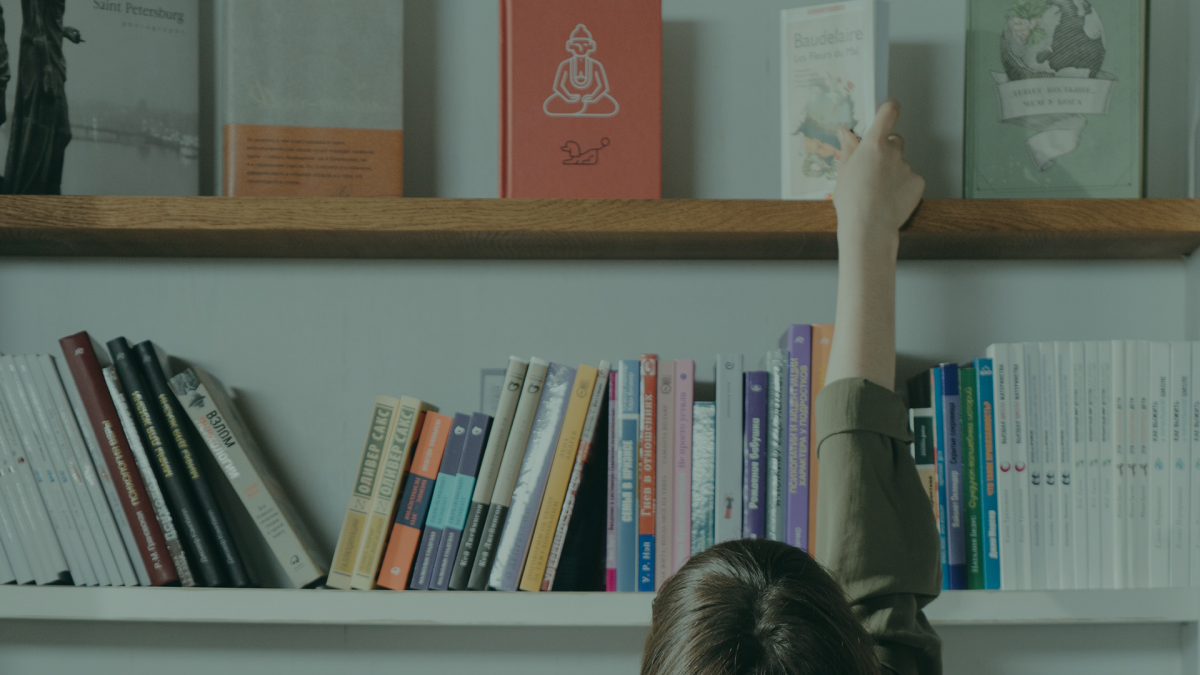
Understanding coercive control
September 13, 2021
Why ‘Mangrove’ House?
January 7, 2022Choosing a counsellor can seem challenging and overwhelming. With so many options out there, where do you start? Speak to trusted people in your life. Are they in counselling? What do they like about their counsellor? Perhaps their counsellor could be a good fit for you. If this is not an available choice for you, there are other paths to investigate.
It might be helpful to begin with practical considerations such as the days and times you can attend. Think about how far you are willing to travel from home, work or wherever you spend most of your time. You can use online search tools or sites listing available counsellors. Check out Psychology Today and Good Therapy. Using filters, hone in on the type of counselling you seek. All practitioners on these sites are verified before their listing goes live.
Now that you have an idea of who might be available, think about what support you need. For example, if you are looking for help with family issues, grief, identity, trauma, anxiety, depression, (or any combination of these) look for counsellors who specialise in these areas. You already know you’re searching for a counsellor, not a psychologist or psychotherapist, so you can further narrow the search. (See our blog outlining the key differences between psychology, psychotherapy and counselling).
Read the counsellor’s profile. You need to feel completely safe and comfortable in the person’s presence. You need to know that no matter what you tell them, you won’t be on the receiving end of judgement, scorn or useless advice. How does the counsellor like to work? Do they list techniques they typically use? How do you feel when you read about their background, their work, look at their profile photo? Is there an opportunity to have an initial chat with them, or maybe they’re running a group that sounds interesting to you?
You might be drawn to two or three counsellors during this research. Make an appointment with one and see how the session goes. Regardless of whether you’re new to counselling or have previously engaged in it, the first session is about getting to know each other. Seeing if you trust this person, and can work with them whether short or long-term. If the session doesn’t feel quite right, let them know you need to think about it before making another appointment. Go to the counsellor next on your list and make an appointment.
The counsellor might be experienced in their field, but you are the expert of your life. You know what you need and want. You know the support you are looking for. If you don’t know these things clearly, then figure out what you don’t want. Tell the counsellor your goals for therapy, tell them what makes you uncomfortable. A good counsellor will never shame you or make you feel bad for setting clear boundaries and expectations.
After this period of research and testing, you might find the counsellor you’re looking for. A good counsellor is life-changing. Long after you finish working with them, their words, their compassion, their positive regard for you will stay, helping you navigate challenges.




